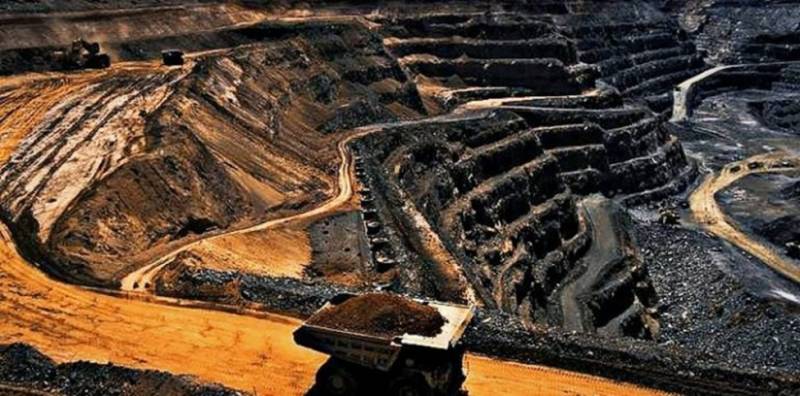A special purpose vehicle (SPV) will be established to implement the Thar rail connectivity project, which aims to transport coal to power plants in northern Pakistan.
Shariq Hussain, Director of the Sindh Energy Board, explained that the Ministry of Railways, in collaboration with the Sindh government, will construct a railway link from Thar Coalfield (Islamkot) to Chorr (105km) and from Bin Qasim to Port Qasim (09km). The project is estimated to cost Rs53,726 million, with an 18-month completion timeline. Under a 50% cost-sharing formula, the Sindh government is responsible for providing Rs26,863 million. The project will be financed through equity sharing, and the SPV will oversee its execution.
Hussain noted that the Ministry of Railways has allocated Rs15,100 million in the Public Sector Development Programme (PSDP) for FY25, with Rs4,600 million already released as a mobilization advance to the contractor, the Frontier Works Organisation. The railway network will have the capacity to transport 10 million tonnes per annum (MTPA) of coal, facilitating Pakistan’s shift from imported to domestic coal for power generation and reducing reliance on expensive fuel imports. This shift is expected to save the national exchequer $1.5 billion annually in fuel import costs.
The Thar coal railway connectivity project is a crucial component of the government’s strategy to transition coal-based power plants from imported coal to Thar coal. However, transporting Thar coal is a significant challenge due to its remote location from the national railway network. The government is urgently working to reduce electricity prices, which have surged in recent years, leading to public discontent. The high cost of imported coal is a major factor behind rising electricity prices, and the government aims to transition to Thar coal, an indigenous and cost-effective fuel for electricity generation.
Tariq Ali Shah, Managing Director of the Thar Coal Energy Board (TCEB), stated that the provincial government is rapidly advancing the project, with groundbreaking expected soon. He highlighted that the project’s total cost is Rs58 billion, equally shared between the federal and Sindh governments.
During a recent visit to China, the finance minister, along with the power minister, discussed the conversion plan under the China-Pakistan Economic Corridor (CPEC) with Chinese authorities. Shah emphasized that the government is committed to the conversion plan, but it hinges on the completion of the Thar coal railway connectivity project, as transporting coal via a railway network is the most feasible option.
Coal consumption for power generation and the industrial sector is projected to nearly double by 2030, with usage expected to reach 50 million metric tonnes by the end of the decade, up from 23.9 million metric tonnes in the current fiscal year. This growth reflects the government’s preference for utilizing domestic coal resources, which will elevate coal to the country’s second-largest primary energy source.
The Thar coalfield covers more than 9,000 square kilometers in the Thar Desert, Tharparkar, with coal reserves totaling 175 billion metric tonnes.




